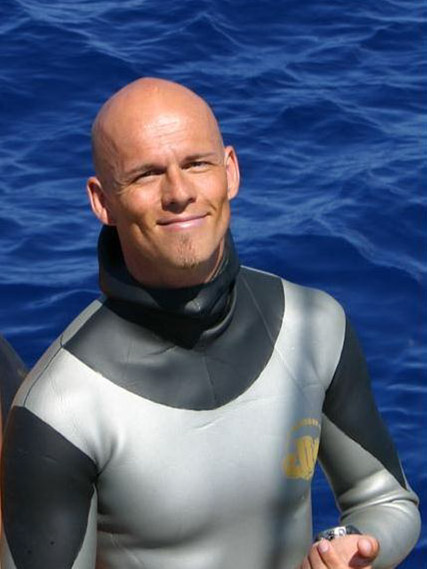The name of the freediver is George Tory, I will call him George .
I'm no doctor, but I've been freediving as a hobby for 57 years and reading about deco and DCS for 55 years. Hence my interest in this subject and also trying to get a competent doc. to write something about this case .
I have also considered writing a comment to George on youtube , but I will not do that under any circumstances until I hear from a doc. that my thoughts on this case are not fundamentally wrong .
DCS is caused by blisters that disrupt the normal function of body tissues such as blood vessels.
This leads to sometimes extremely severe and life-threatening symptoms.
If, as with George, the symptoms disappear after breathing oxygen, this is no proof that the functional disorder has been eliminated. And it is also no proof that the original cause, the blisters, has been eliminated.
Even if the blisters are completely eliminated, damage caused by them may persist for a longer period of time.
In the case of complete hemiplegia, the causative area in the brain can be narrowed down and (hopefully) examined closely enough.
Without a clarification of any remaining damage, which I think is likely after three times the same symptoms, I would not do such extreme deep dives again.
Using oxygen in the event of DCS is good, but it is better to dive in such a way that DCS does not develop in the first place. George's view that aftercare is more important than prevention is something I don't agree with.
But maybe as an elite freediver he has to think this way to make money.
There are also other disciplines like dynamic and static is about 22 minutes to beat.




